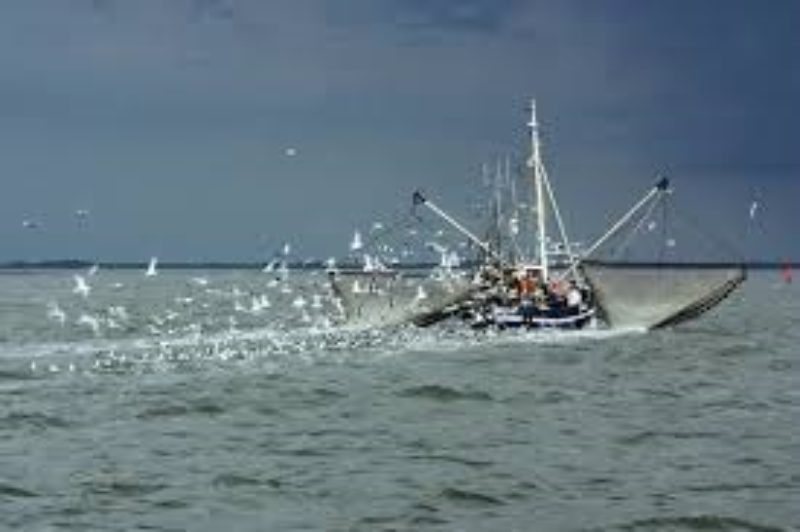Cat Smith Working for Lancaster and Fleetwood

Last week at Westminster I took part in a debate about fishing and the future of the industry once we have properly left the EU. I began by highlighting how our town boomed in the first half of the 20th century, mainly down to the deep sea fishing industry, which at its height employed around 9,000 people in the town – this of course changed in the late 1960s when we became embroiled in the Cod Wars.
There are high hopes riding on a new Fisheries Bill. Communities in towns like Fleetwood have an emotional connection to fishing, despite many decades of decline. When communities such as Fleetwood voted to leave the European Union, under the banner of “take back control”, many were thinking about the fishing industry. Those people do not want to see the UK taking back control of our waters only for those waters to be ceded in a trade negotiation with the EU. That is what they fear. In my speech I stated that if that fear is realised, “I cannot overstate the sense of betrayal that will be felt in coastal communities, not just in Fleetwood but up and down the country.”
Regarding the Fisheries Bill, I have two main asks that I would like the Bill to deliver. First, it has to be a requirement for fish caught under a UK quota to be landed in a UK port, because every one job at sea supports 10 jobs on shore. That could be a huge part of the regeneration of coastal communities like Fleetwood.
I also want to see a redistribution of the UK quota away from the large multi-national companies, because two thirds of employment is generated by boats under 10 metres, which have only 6% of the quota. It would not take that much of a redistribution to have a disproportionately large effect in terms of regeneration and supporting jobs on shore, as well as at sea.
If we are truly to grasp every opportunity outside the common fisheries policy and to look to the long term, we need to look at how the fishing industry is supported to grow. That will require a holistic approach to issues such as safety: commercial fishing remains one of the most dangerous jobs in the world. The National Federation of Fishermen’s Organisations have raised concerns about the new bill and have called on the Government to ensure that the legal and training infrastructures are in place to ensure well-rewarded, high-quality trained crew are available. This requires a holistic approach to training, safety, immigration rules and crew welfare.
We all remember the campaign slogans used during the EU referendum campaign in 2016 and the most recent general election: we will “take back control”, we will be “an independent coastal state” and we will “leave behind the common fisheries policy”. The Conservative party made so many promises, but there is very little to show for it so far. So many promises were made: it would be a huge betrayal if the Government failed to deliver on them or, worse still, sold out the UK fishers to get the trade deal that we were told was ready to go but that the Government are now furiously trying to secure. We need to empower and enrich areas like ours that have been let down by a decade of Tory austerity – and we can do that by delivering a sustainable and equitable fishing industry. We can do that by setting a requirement in the new licences to land at least 70% of the catch in our ports, supported by UK Government investment in green infrastructure. That will help in turn to grow the marine leisure and recreational fishing sectors that will benefit struggling coastal areas.
